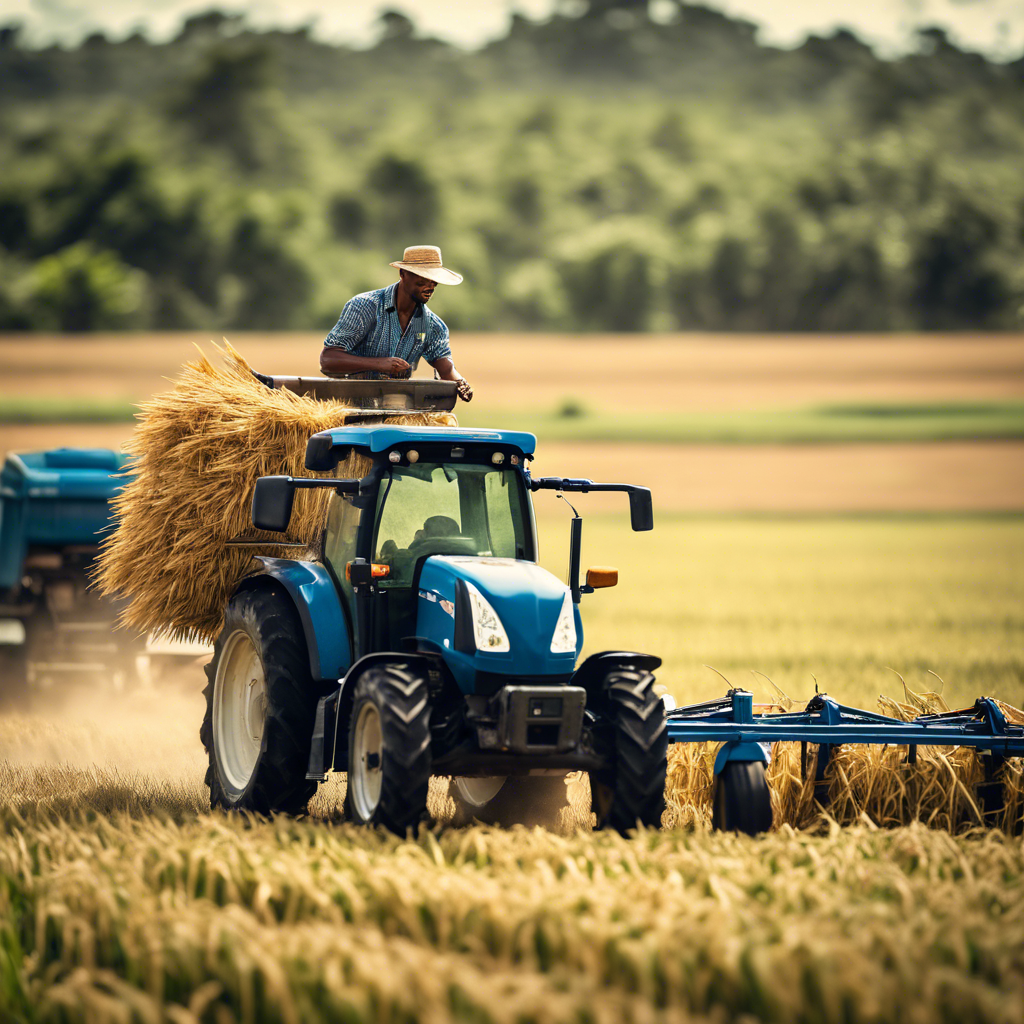Cultivating the Future: How Microbebio’s Organic Solutions Are Transforming Dominican Agriculture
Agriculture sits at the heart of Dominican society. From the rice paddies of the Cibao Valley to the coffee plantations of the Cordillera Central and the plantain and sugarcane fields that stretch to the coast, farming sustains livelihoods and traditions across the country. Yet the challenges facing this sector are mounting: degraded soils, declining yields, rising costs for fertilizers and pesticides, and increasing pressure to produce higher quality food without harming the environment.
Microbebio, a pioneer in microbial biofertilizers and biostimulants, offers a breakthrough approach that helps farmers meet these challenges head‑on. By harnessing the power of beneficial microorganisms, Microbebio’s products work with nature instead of against it—boosting yields, enhancing quality, rebuilding soil health, and protecting the environment.
Why Go Microbial?
Microbial biofertilizers are living solutions that colonize plant roots and the surrounding soil. They fix nitrogen from the air, unlock phosphorus and potassium from the ground, produce natural growth hormones, and outcompete harmful pathogens. This symbiotic relationship supports stronger, healthier plants while reducing dependence on synthetic chemicals. Over time, microbial populations establish themselves in the soil, meaning farmers need fewer inputs season after season.
A New Level of Quality
Microbebio’s proprietary blends are formulated to do more than just feed plants. They enrich flavor, aroma and nutritional value by improving carbohydrate metabolism and nutrient transport. Farmers consistently report sweeter fruits with higher °Brix readings, larger grains, and vegetables that stay fresh longer. By stimulating beneficial microbes and enhancing soil biology, these solutions allow crops to express their full genetic potential.
Reclaiming Soil for Generations
Years of chemical fertilizer use can leave soils compacted, acidic and depleted. Microbebio products reverse this trend by adding organic matter, stimulating root growth and fostering microbial diversity. Salt‑tolerant bacteria produce protective biofilms that shield roots from salinity—a rising concern in coastal areas and irrigated fields. By rebuilding soil structure and boosting water‑holding capacity, these amendments restore productivity and resilience for years to come.
Organic vs. Chemical: A Clear Advantage
-
Higher yields and quality: Field results in rice, banana, plantain, chili, tomato, coffee and sugarcane show yield increases of 10–40 % compared with conventional fertilizers. Crops are tastier and more nutritious.
-
Healthier soils: Microbebio solutions enhance soil structure, increase organic carbon, and support a thriving community of beneficial organisms, whereas chemical inputs often degrade soil and lower PH.
-
Lower environmental impact: Microbes reduce greenhouse‑gas emissions by fixing nitrogen and improving carbon sequestration, while chemicals contribute to nitrous‑oxide emissions and water pollution.
-
Reduced pest and disease pressure: Beneficial microbes suppress pathogens and induce systemic resistance, lowering the need for pesticides.
Five Years of Success—and Counting
Microbebio has been testing its formulations in Dominican fields for the past five years, partnering with local farmers to compare results against chemical fertilizers. The trials have been remarkably consistent: across rice paddies, banana plantations, chili gardens, tomato greenhouses, coffee groves and sugarcane fields, farmers report stronger growth, better taste and higher market prices. The company has run similar trials in other tropical and subtropical regions, with comparable results—proof that these solutions work across climates and crop types.
A Win for Farmers and the Environment
Switching to Microbebio’s organic solutions isn’t just good for crops—it’s good for the bottom line. Higher yields and quality translate into better prices and increased revenue. Longer shelf life reduces post‑harvest losses and opens doors to export markets that demand premium produce. With microbial communities taking root in the soil, farmers spend less on inputs over time. On top of that, these sustainable practices can position growers to benefit from carbon credits and other environmental incentives.
Building a Better Future Together
As the Dominican Republic strives for sustainable agricultural growth, Microbebio offers a proven pathway forward. By teaming up with growers, cooperatives and research institutions, the company aims to tailor its solutions to the country’s diverse soils and crops, provide training and support, and expand distribution networks. With Microbebio’s help, Dominican farmers can cultivate the bounty nature intended—today and for generations to come.
Ready to join the microbial revolution? Contact Microbebio to learn how their organic solutions can transform your fields and unlock new opportunities for growth.
